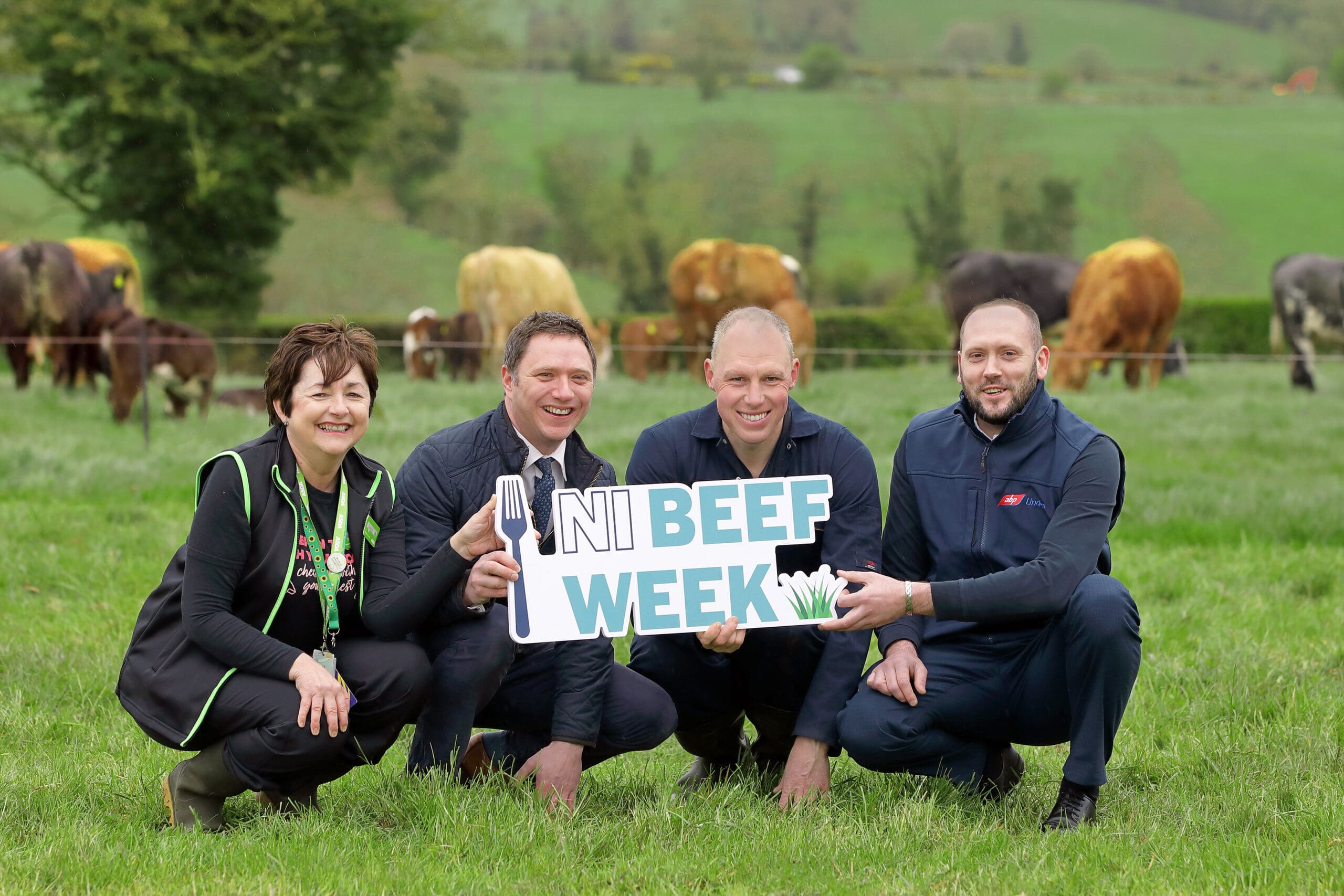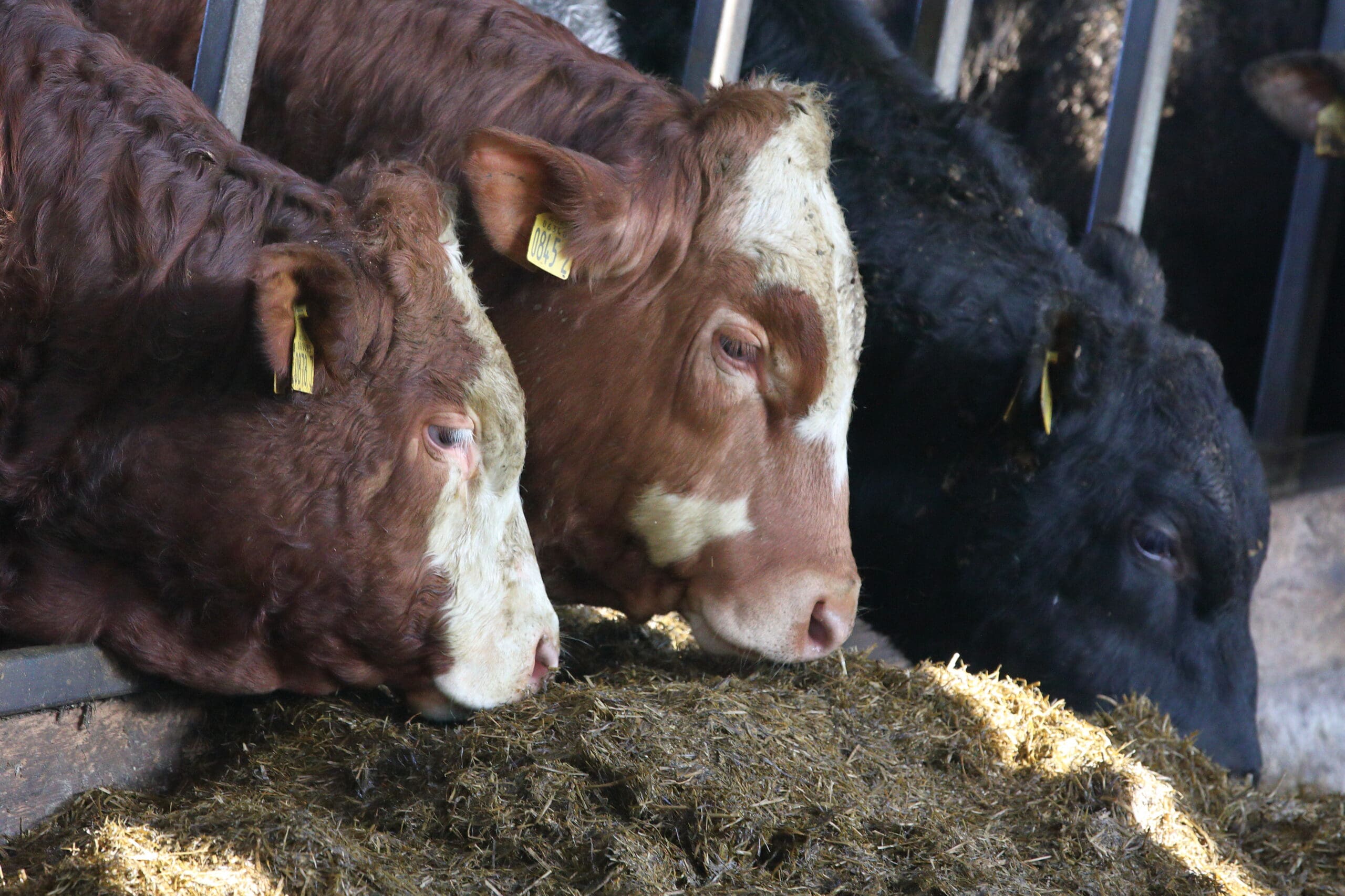Following on from the European Parliament’s vote on the reform proposals for the Common Agricultural Policy, the Ulster Farmers’ Union is now in the process of analysing the detail of this outcome.
Speaking after the vote, UFU President Harry Sinclair said; “The European Parliament vote on CAP reform has given us a good basis to work on and marks a key step forward in the decision making process. With the EU’s Agriculture Council also expected to finalise its position at the beginning of next week, this will allow discussions between the European Parliament, the EU Agriculture Council and the European Commission to begin.
The outcome from this week’s Parliament discussions has presented both good and bad developments. On the plus side, a significant number of positives from the position agreed by the European Parliament’s Agriculture Committee at the end of January have been retained. In particular they support flexibility to allow regions such as Northern Ireland to transition towards a flatter direct payments system at an appropriate pace. They have also supported a more proportionate approach to cross compliance breaches and the introduction of a ‘warning’ system in certain circumstances rather than an automatic penalty. In addition, while we were pleased to see the Commission’s original proposal to set-aside 7% of land for ‘Ecological Focus Areas’ substantially reduced to 3% by MEPs, we are very disappointed that the Parliament failed to support amendments which would have exempted all of our grassland farmers and farmers who are already undertaking agri-environment commitments, from having to meet the Commission’s mandatory “greening” requirements.
On the negative side, the European Parliament has adopted a contradictory approach to the ban on the first ploughing of carbon rich soils. On the one hand, they have removed it from cross compliance requirements but on the other they have agreed to prevent permanent pasture on such soils from being converted to arable cropping – something which is particularly important for our potato and vegetable sectors. The reinstatement of both sheep EID and pesticide controls as requirements under cross compliance will also create a further bureaucratic burden on farmers.
The Parliament’s agreement to strengthen market support measures, while on the surface appearing to be good news, would create serious difficulties within a fixed and reduced overall CAP Budget by necessitating very substantial reductions in direct support levels.
Harry concluded; “Although the European Parliament’s agreed position on CAP Reform has presented a real mix of both good and bad points, they are only one of three institutions involved in the CAP Reform’s trilogue negotiation process. The UFU continues to work to influence the direction of these proposals, ensuring that all of our particular Northern Ireland issues are on the table during these discussions. In particular, we will continue with our efforts over the next few days and weeks to ensure that there is sufficient flexibility to allow us to meet the EU requirement of targeting direct support at active farmers.”
“We are now waiting on the outcome of next Monday and Tuesday’s EU Agriculture Council where its position will also hopefully be finalised. This will allow these important trilogue negotiations to begin with a view to reaching an overall EU position by the end of June. This would allow sufficient time for the detailed implementation process to be concluded for a 1 January 2015 start date.”




